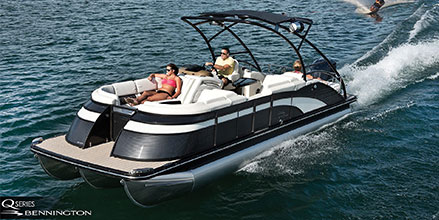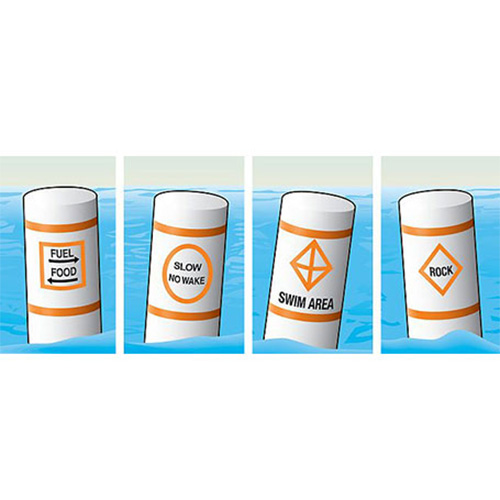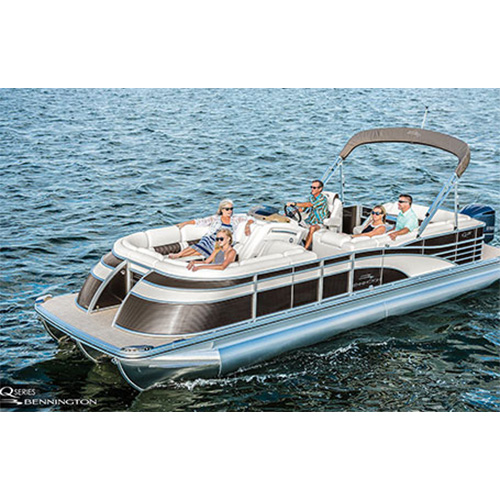
Enjoy Boating Safely
We love water sports. Water skiing, tubing, swimming – it’s all good. But the water can also be dangerous. Please review these tips to keep your family and friends safe on the water.
Know How To Swim
If you’re participating in any sort of water-based activities, you should know how to swim. The younger you are when you learn to swim, the less likely you are to fear the water, and most children are highly motivated to learn. Most children learn best from an instructor who is not a parent, so sign the kids up for swimming lessons at the YMCA or another organization that has the experience and credentials to teach children.
The same goes for adults. It is never too late to learn, and your local Y may offer programs especially for adults who are nervous about learning.
Wear A Life Jacket
Wearing a life jacket is always a good idea, even in good conditions on a stable boat like a pontoon. Acknowledging that many won’t do this, don’t hesitate to put one on if the weather turns bad and the water becomes rough, and require your guests to do the same. Anyone participating in a towable sport like water skiing or tubing must wear a personal flotation device. Life jackets must be Coast Guard approved and properly fitted to the individual. Choose a color that is highly visible so you can be spotted in the water.
Carefully Supervise Children
Children should be closely monitored by an adult and accompanied by others. Children are at higher risk of drowning because they aren’t aware of how dangerous the water can be, they have no sense of their own mortality, and might not know self-rescue techniques.
Be Aware of The Signs of Drowning
Drowning is called a silent killer because, contrary to popular belief, someone who is drowning is incapable of yelling for help. There are, however, several indicators that a person may be drowning. Among them are:
- Their eyes are glassy, unfocused or closed
- Their head is low in the water and hair is over their eyes
- They don’t appear to be in any trouble, but don’t respond to you
For more information on how to tell if someone is drowning, see this Reader’s Digest article.
Keep Your Boat Stocked For Emergencies
Federal and state regulations require you to have certain safety equipment on your boat. Requirements vary by state and by whether you’re on the ocean or inland waterways, but always required on powerboats are:
- Personal flotation devices (life jackets) for every occupant on your boat
- A sound-producing device like a horn or whistle
- A visual distress signal
- A fire extinguisher
Find more information in the U.S. Coast Guard’s comprehensive guide to state boating laws.
In addition to the legally required equipment, you should also carry a first aid kit, a Mylar emergency blanket, extra water, towels, sunscreen and a mobile phone. It’s also important to read and heed warning labels.
Prevent Dehydration and Sunburn
Nothing ruins a day outside like a painful sunburn, and it’s especially common in boating, where harmful UV rays hit you not just from above, but also reflect off the surface of the water. Apply sunscreen before you get on the boat and periodically throughout the day – more often if you’re swimming, tubing or skiing. Even sunscreens that claim to be waterproof wash off in under an hour.
Dehydration can quickly give you a headache and make you lethargic, and if it persists or becomes severe, can result in organ damage and other serious medical problems. To avoid dehydration, drink 16-32 ounces of water before you get on the boat, and drink small amounts of water every 15-20 minutes. If you drink too much at once, it’ll pass through your system without properly hydrating you.
Watch The Weather
Check the weather forecast before you go out, and don’t be afraid to call off your plans if it looks questionable. The water will still be there next time. Learn how to identify the signs of incoming bad weather by reading changes in the clouds, wind and temperature. Purchase a portable weather radio and keep it tuned to the nearest weather station for up-to-the-minute forecasts. If you are on the water and the weather suddenly takes a bad turn, seek shelter immediately.
Bennington Marine makes some of the world’s finest pontoon boats and wants everyone to have safe fun on the water. Learn more.












